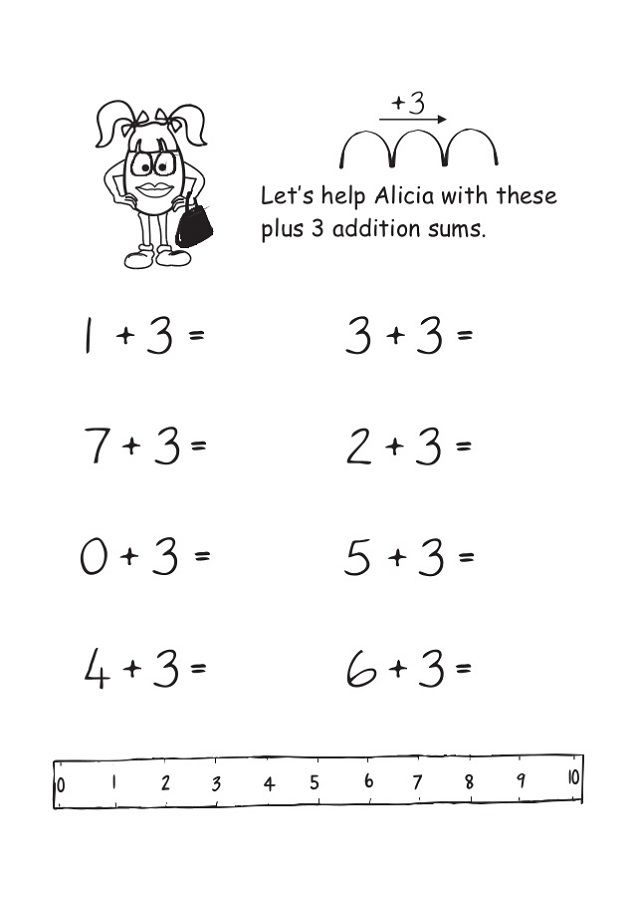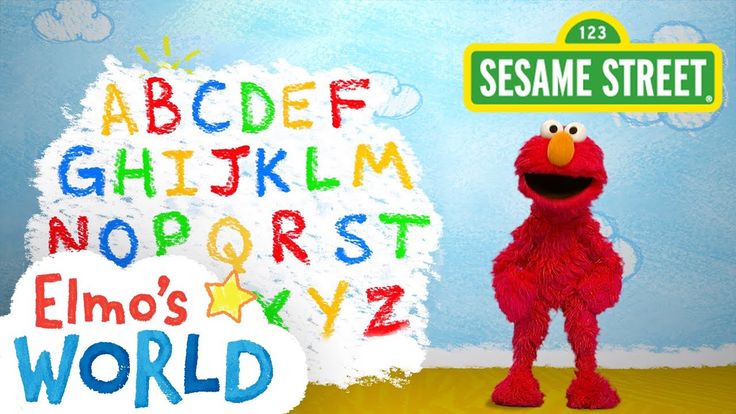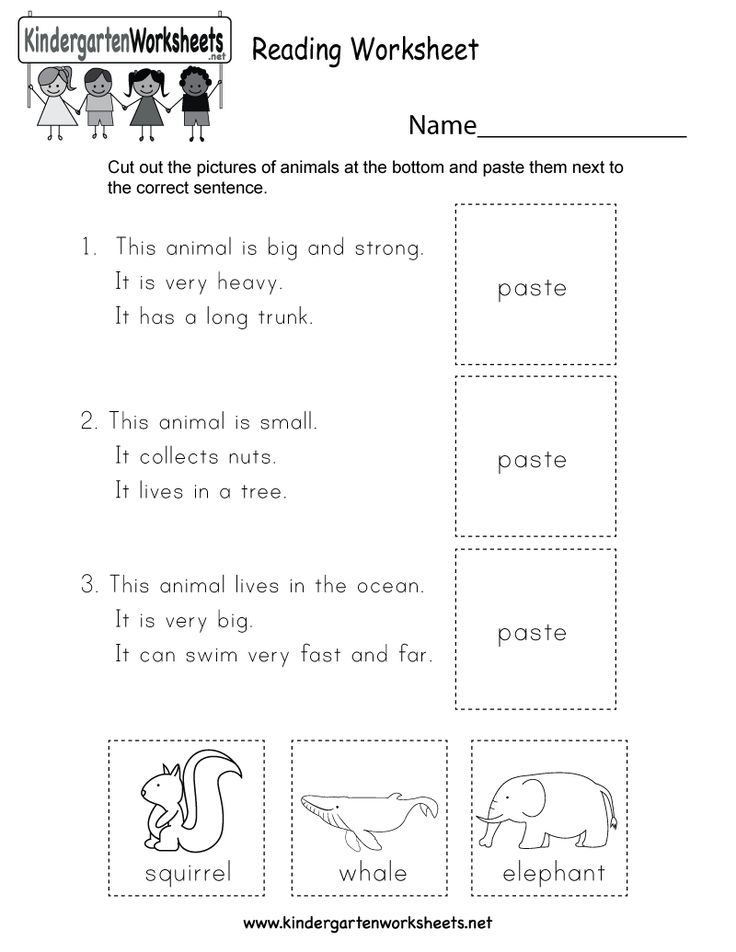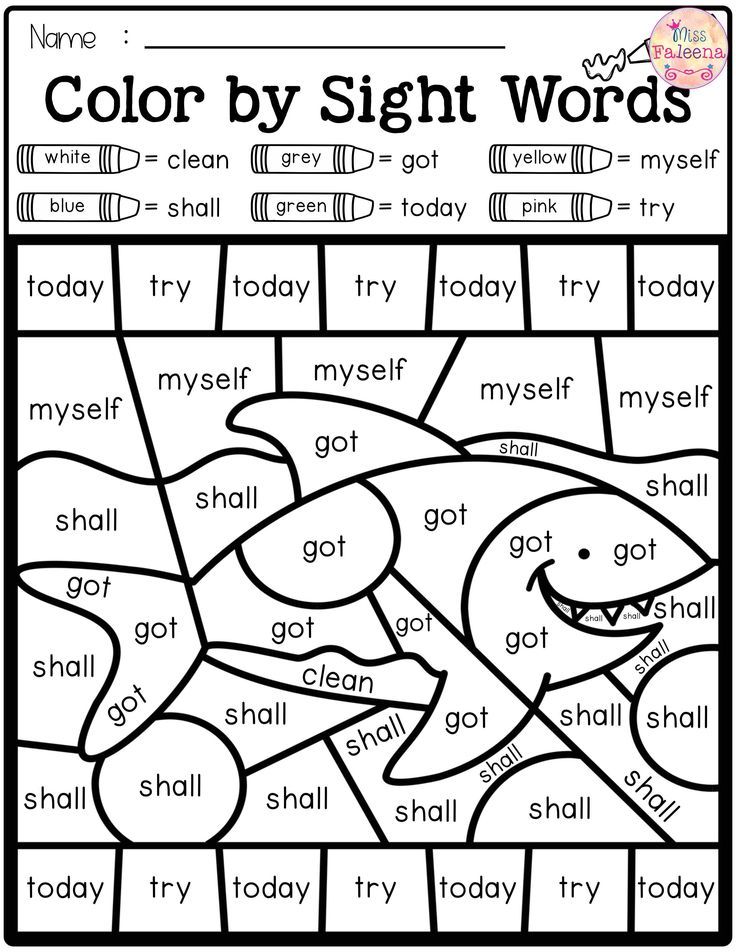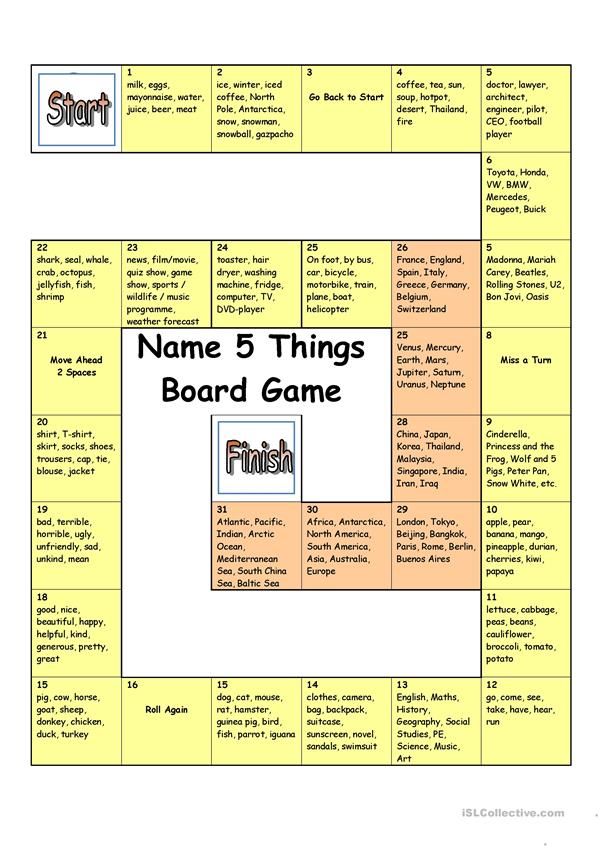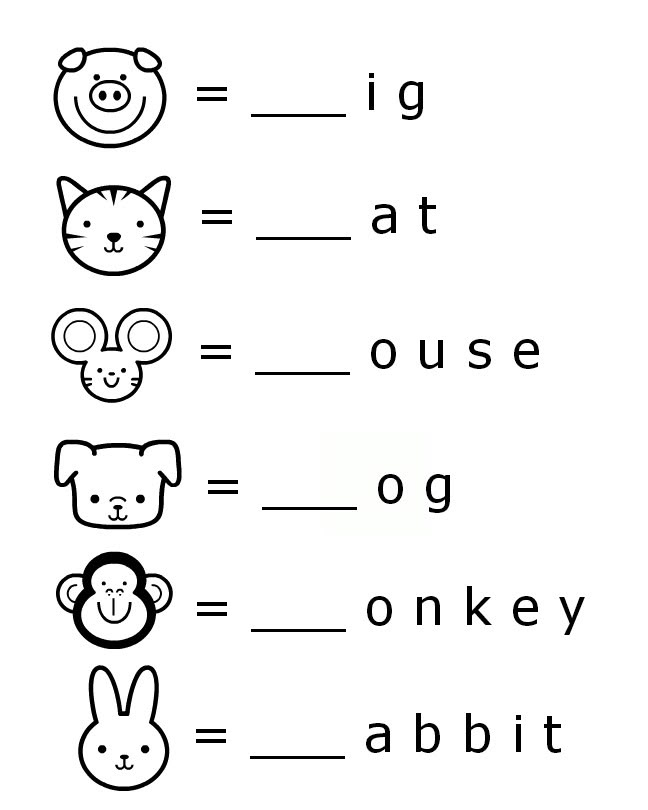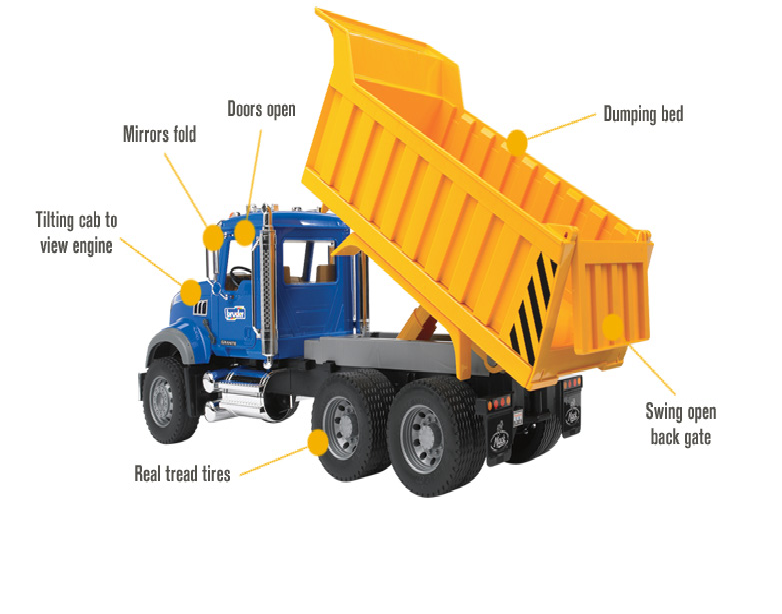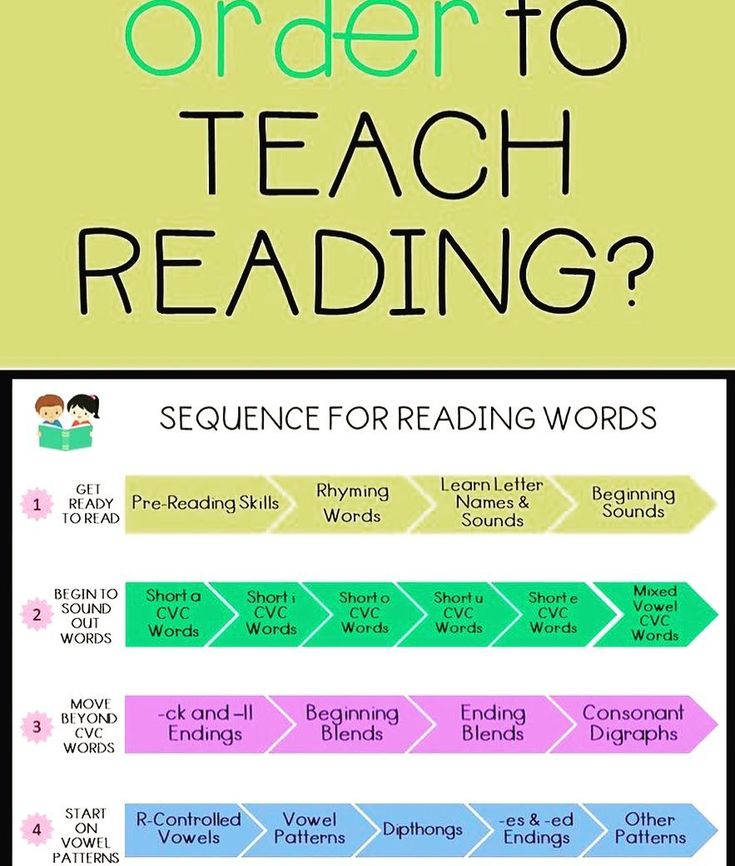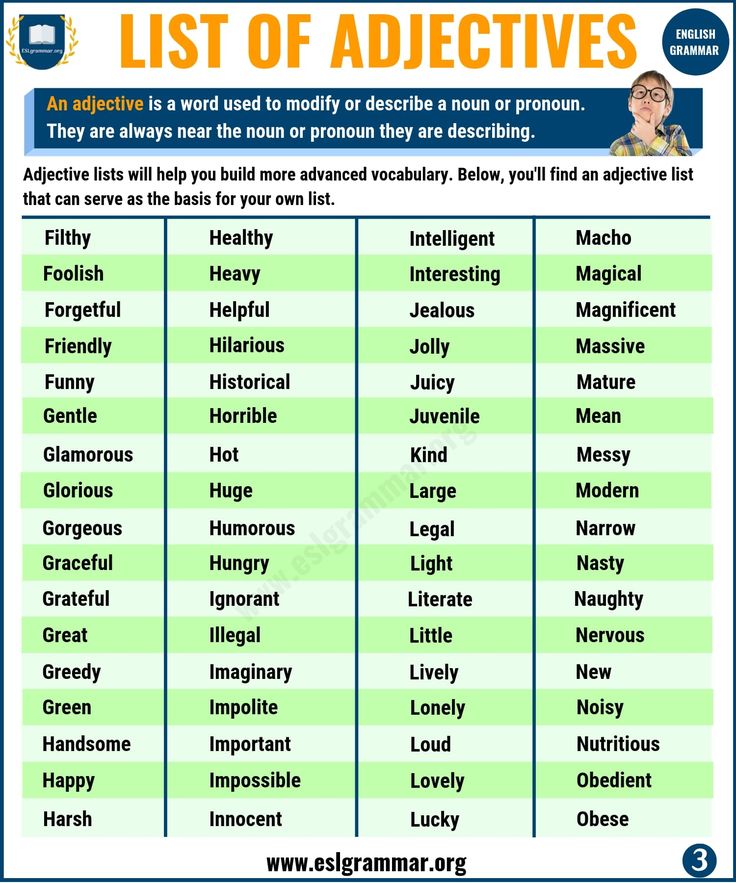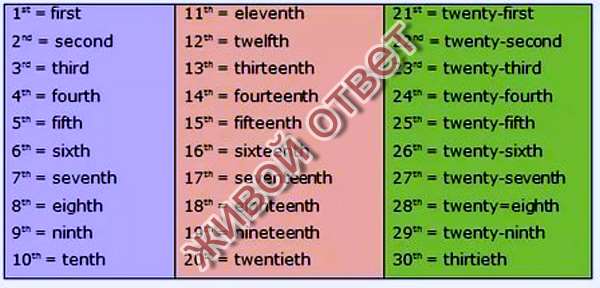Educational activities for 5 year olds
Fun learning activities for 5-6-year-olds
Your child will probably have started synthetic phonic activities at school so finding time to enjoy playing with letters and sounds in games at home will really help them with that.
Other activities can help your little ones to develop key skills such as speaking, listening and numeracy. If you’re not sure what your child’s doing in school, you can find out more about it in our school section and click on their year group to disover more.
We’ve pulled together our top five ideas here and hope you’ll have fun testing them out!
1. Rhyming games
- Listen to and join in with rhyming stories, like Julia Donaldson’s The Gruffalo.
- Play rhyming games, or sing an action rhyme.
- Make silly rhyming jokes. For example: What do you call a smelly elephant? A smellyphant! What do you call an elephant watching TV? A tellyphant!
2. Phonic games
- Play snap or bingo with letters and sounds.
Write letters on pieces of papers or cards, to create homemade flashcards. Make two for each letter. Use them to play snap. You could also create a bingo card with eight boxes – each one containing a letter. Put the flashcards into a pile, facing down and take it in turns to be the bingo caller.
- Play phonics fishing! Use homemade letter flashcards, add a paperclip to each, tie a magnet to some string and a stick and ask your child to ‘fish’ for a particular sound.
- Play ‘I spy’ games (for example, ‘I spy something beginning with a…’, using the letter sound) when you are out and about. For help with letter sounds, take a look at our sound chart.
Activity: Vowel sounds
Practise phonics by matching the pictures to the vowel sounds.
Activity: Phonics guidance
Learn how to say all the phonics sounds (phonemes) and letters.
3. Memory games
- Play ‘Kim’s game’. Put a few items on a tray (for example, a crayon, an apple, a building brick, a toy car).
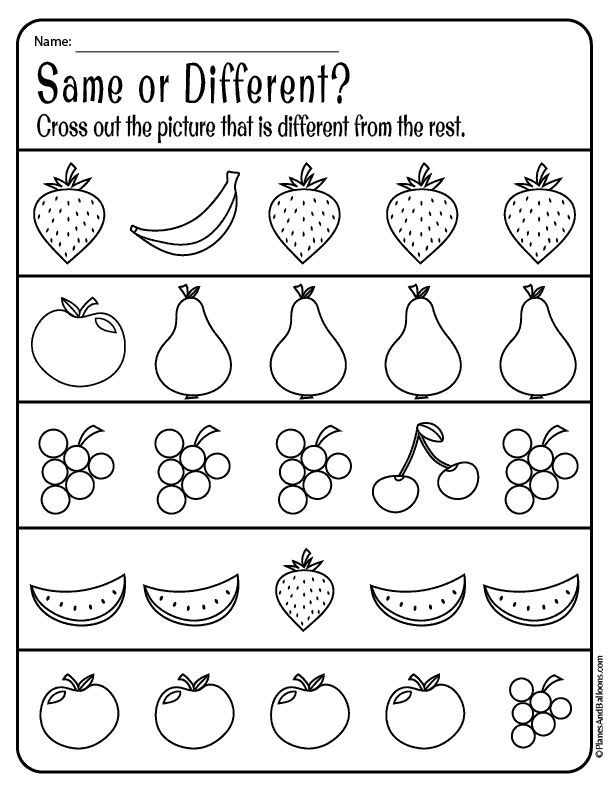 Then look, cover, remember and check!
Then look, cover, remember and check! - Talk about, photograph or write out some ‘events’ from something you have done together – can your child remember the correct order?
- Go shopping – try to remember the list together!
4. Listening games
- Play games such as ‘Simon says’ – party games are often good ways to practice speaking, listening, and memory skills, without them even noticing!
- Listen to music and talk about the instruments being played – find pictures on the internet together.
5. Action games
- Make a puppet theatre with cardboard boxes or a towel over a chair and encourage your child to make up or retell a story to you (or any willing family members!).
- Have lots of fun dressing up with clothes and props at home so that your child can dress up as a character and act out favourite stories. You can find lots of cheap props and clothes for dressing up in charity shops.
- Play games such as ‘What’s the time Mr Wolf?’, but write the times down for them to read instead of saying them.
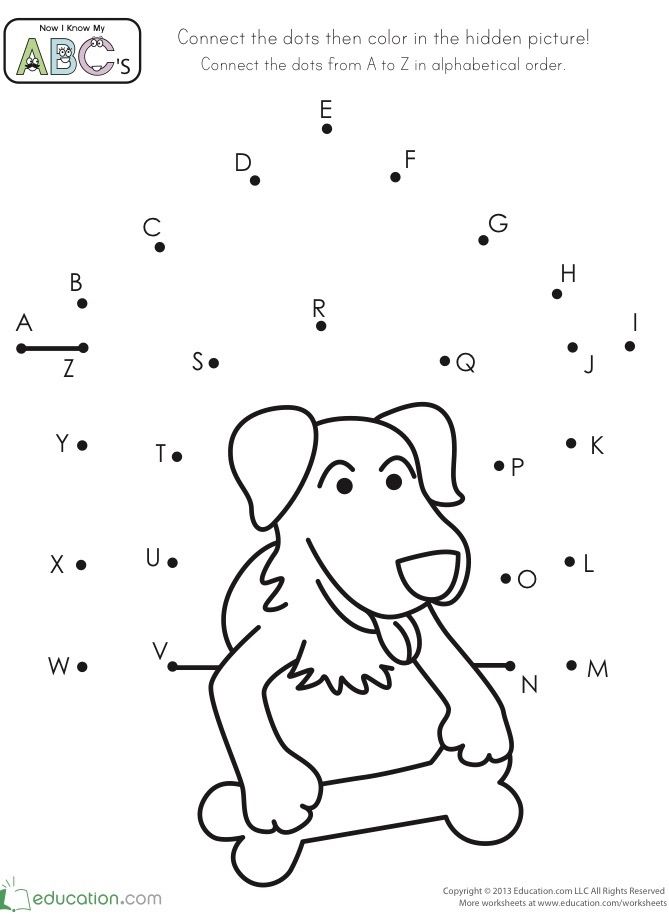
6. Tactile games
- Use magnetic letters to spell names and simple words on the fridge or radiator.
- Use modelling clay to make your child’s name or simple words like mum.
- Enjoy jigsaws together and chat about finding the right pieces!
7. Screen games
- Watch TV programmes linked to books and then read the books afterwards. Little Princess, Katie Morag, and Charlie and Lola are good places to start. Talk about what they like or don’t like about the characters.
- Find story-telling sites like Little Kingdom, story-telling TV programmes, or story apps for your phone.
8. Car journey games
- Play ‘The cook’s cat is an amazing cat/beautiful cat/clever cat/daft cat…‘ and so on, and then make up your own versions (for example, ‘The doctor’s dog…‘).
- Play this noisy version of the car game, ‘Who can spot…?’. It’s great fun – but check out with the driver first before you start this one! Decide on a noise, or a word to call, when you spot the things you’re looking out for.
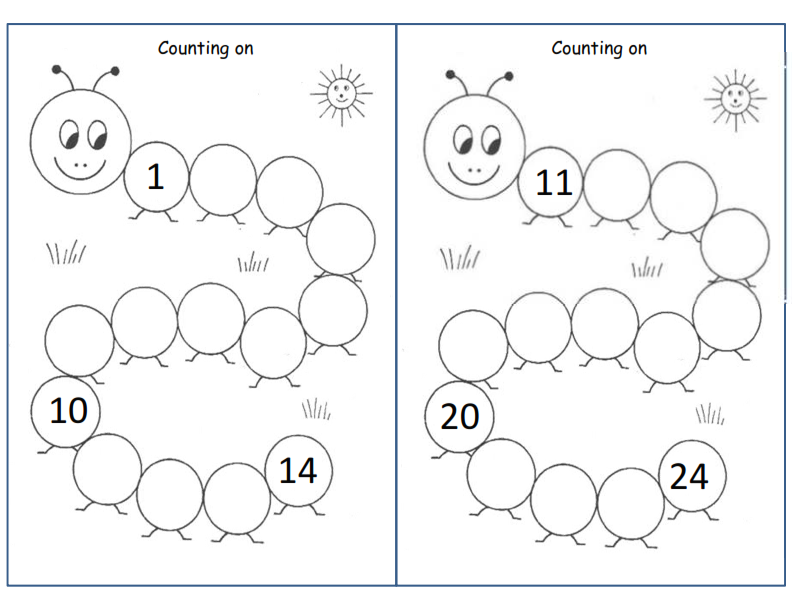 For example, ‘Bang!’ for a yellow car, ‘Buzzz!’ for a bus, and ‘Wow!’ for a bird.
For example, ‘Bang!’ for a yellow car, ‘Buzzz!’ for a bus, and ‘Wow!’ for a bird. - Listen to an audiobook.
Video: Car journey games
Get ideas for fun and educational car games for kids! Educational author and parent Isabel Thomas shares her ideas to relieve the boredom of long car journeys.
9. Out and about activities
- Ask your child to find the things you need to buy when out shopping by reading the labels on products together.
- Check out your local library or community centre to find out what special activities or clubs are running.
- Try to do a few visits or find some information together to link with the topic or project work at school.
10.
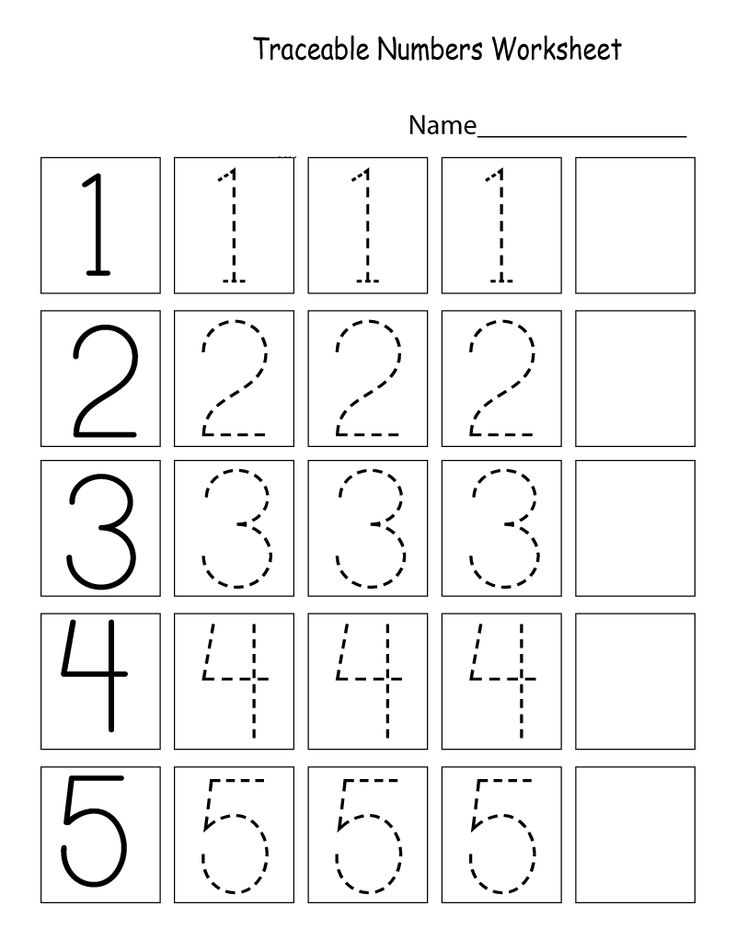 Reading books of all kinds together
Reading books of all kinds together- Carry on reading books of all kinds to and with your child: picture, pop up, information, poetry, eBooks, print books… and the levelled books brought home from school. Video or record your child reading them for fun!
- Why not choose a book from our free eBook library to share on-screen together?
7 Fun And Easy Learning Activities For 5-Year-Olds
It can be challenging to find the right activities for 5-year-olds. It was easier when they were younger, wasn’t it? All you needed to do was place a colorful, fluffy, or musical toy in front of them, and they would be completely fascinated by the object for a long time.
But things have changed. Over the past few years, your 5-year-old has seen so much physical, mental, emotional, and social growth and development, and simple toys don’t cut it anymore.
To help your child continue learning and developing at a healthy rate, it’s essential to find relevant activities for their age.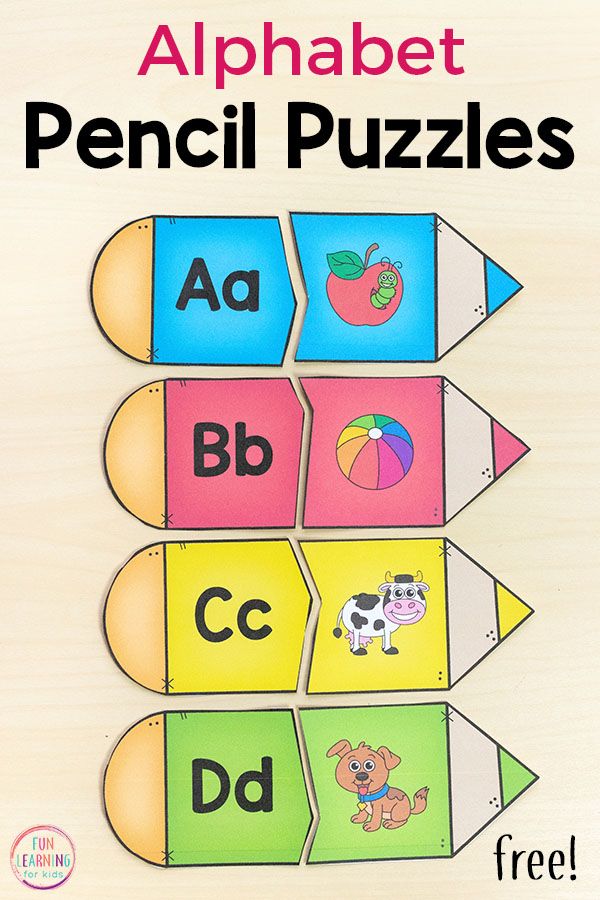 But where do you start?
But where do you start?
Look no further! The Homer team knows a thing or two about creative activities for kids. In this article, we’ll share some fun and engaging games your 5-year-old will fall in love with while learning.
Importance Of Learning Activities For 5-Year-Olds
Learning activities play an important role in early childhood development. However, when parents come across this information, they often assume they need to create the most elaborate games to help maximize learning. That’s not the case.
For example, simple games and activities such as painting or playing house help develop language and emotional skills, creativity, and fine motor skills, among other things.
Also, when children engage in physical activities such as running, jumping, or skipping, it contributes to their gross motor development.
In addition, if an activity is challenging (think tricky puzzles or building a tall lego tower), it helps children learn how to follow through on a project and problem-solve. Ultimately, this helps build confidence and gives children a sense of ownership and accomplishment.
Ultimately, this helps build confidence and gives children a sense of ownership and accomplishment.
Learning activities for 5-year-olds are also great to help beat boredom. A child who has nothing to do for the day can often become irritable or display disruptive behavior. That’s not ideal for them (or you!), so it’s important to have some go-to activities at the ready.
Finding the right activities for your child is one way you can foster their continued growth and development. So where do you start?
Questions To Ask Before Choosing Activities
Now that you understand the importance of activities for 5-year-olds, here are a few questions to ask yourself to ensure you’re choosing the right ones for your child.
What Will My Child Learn From This Activity?
There are many developmental milestones that are essential for your child to reach — from physical to mental, emotional, and social.
This is why it’s important to incorporate a variety of activities into your child’s play, rather than choosing similar games that help develop the same skills.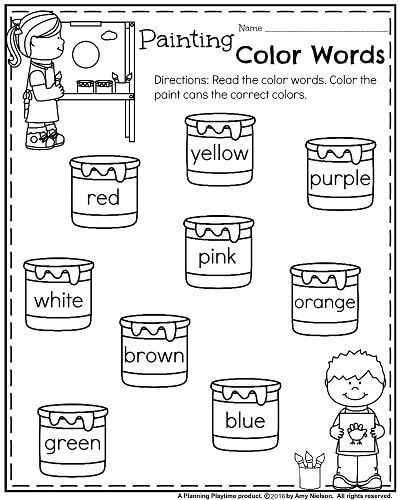
Are The Instructions Easy To Understand?
As children get older, the activities and games we introduce them to will naturally become more complex.
While it’s beneficial to keep challenging our children so they learn to think creatively and problem-solve, it’s equally important to not overwhelm them with games that are simply too complicated for their age group.
Will The Activity Engage My Child’s Senses?
From the moment they are born, our children are seeing, touching, tasting, hearing, and smelling the world around them.
Children use their senses to explore and understand things, so we encourage sensory play in early childhood because it plays a significant role in developing many essential language and cognitive development skills. It also helps children continue exploring and engaging.
7 Fun Activities For 5-year-olds
1) Letter Toss
What You’ll Need:
- Post-its
- Marker
- Rolled-up sock or small beanbag
What To Do:
We love letter toss because it only requires about 10 minutes of set-up time, making it the perfect game to incorporate when you’ve had a busy day or week.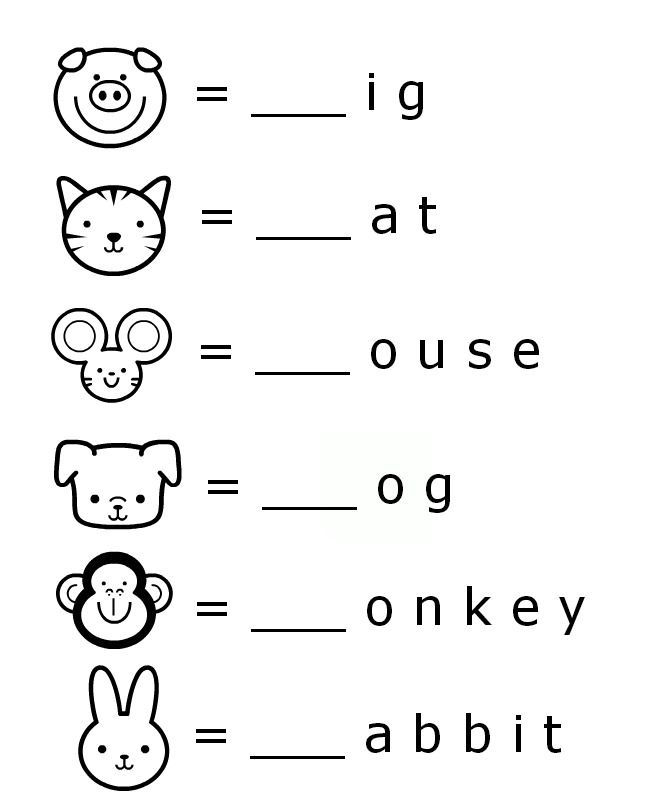
Start by writing uppercase and lowercase letters on individual Post-its (one per page). Then stick the Post-its onto the floor or playroom wall, making sure that there’s space between each one.
Next, have your child stand a few feet away and toss the rolled-up sock at the Post-it notes as you call them out.
Optional:
You can also pick letters in a word and arrange them in random order. In this version, your child will need to hit the letters in their correct order to spell the word. (You can write the word on a piece of paper for them to have a reference if needed.)
This is a fun and engaging activity to help children practice their alphabet and spelling. All the aiming and throwing is also a great way to help them continue developing their gross motor skills.
2) Cupcake Tin Counting Game
What You’ll Need:
- Cupcake tin
- Cupcake liners
- Marker
- A snack with small pieces (e.g., cereal, puffs, blueberries, etc.
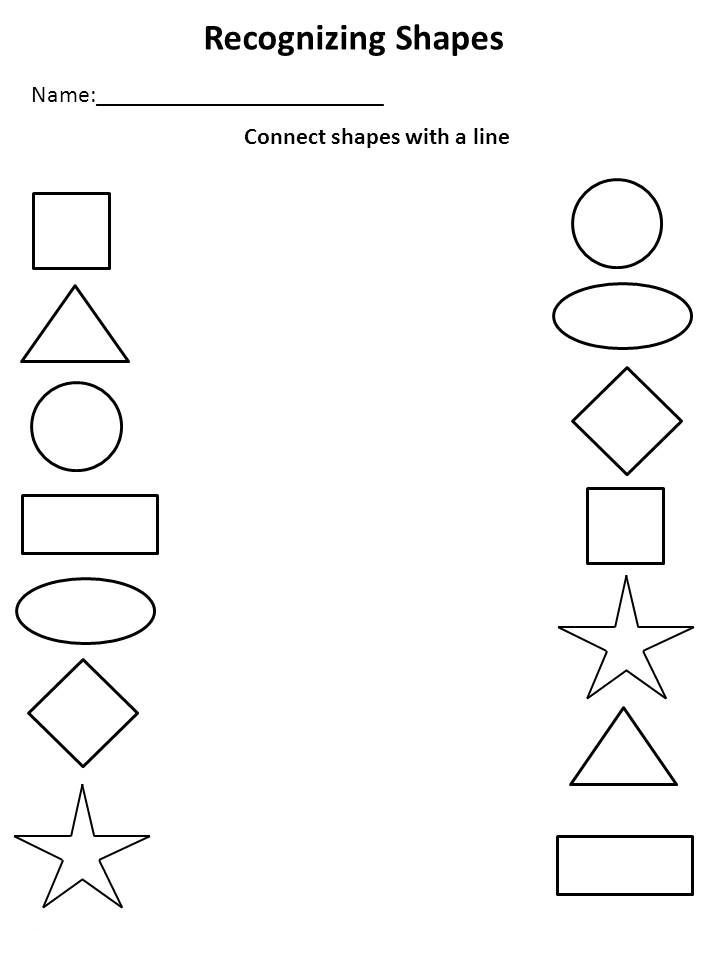 )
)
What To Do:
In a nutshell, this activity involves having your child fill each numbered cupcake liner with the corresponding number of snack pieces. For more information on how to play cupcake tin counting, you can check out this link.
This simple activity is excellent for helping children develop their understanding of counting principles (and is a fun way to enjoy some delicious treats at the end!).
3) Create A Storytelling Map
What You’ll Need:
- A huge piece of craft or butcher paper
- Marker
- Crayons
What To Do:
The aim of this activity is simple: Create a giant storytelling map using a marker, crayons, and craft or butcher paper. (You can even take this activity outside and use your backyard layout as a guide for the map.)
Encourage your child to use their creativity and come up with their own ideas for this invented world. The map might lead to a magic castle, a haunted house, or even a mystical forest.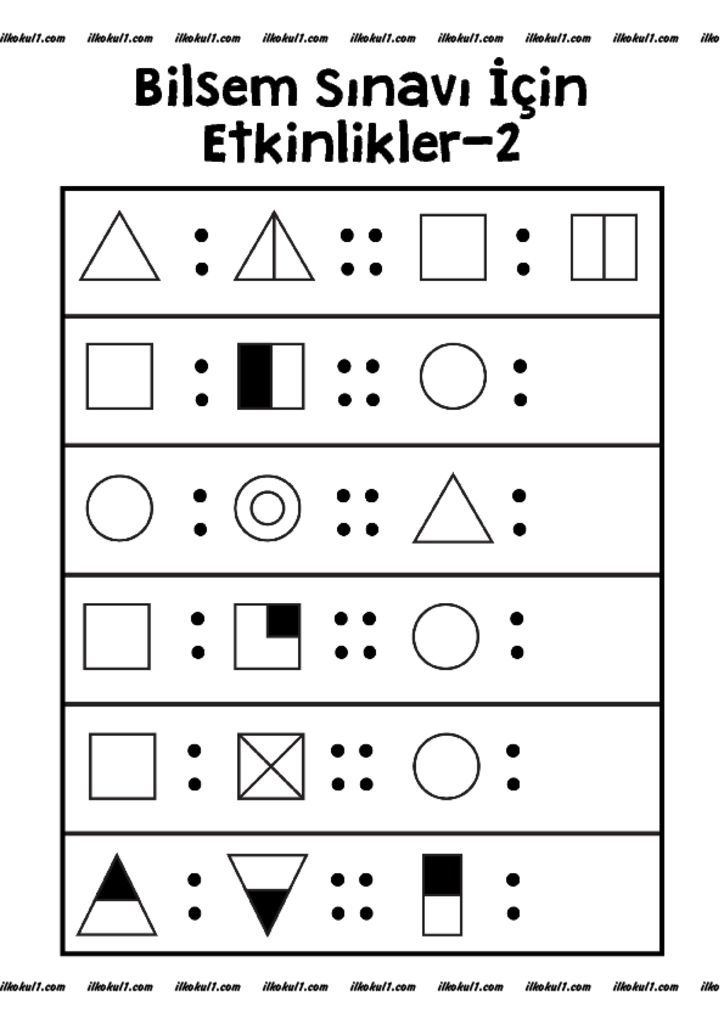 Let their imagination run wild!
Let their imagination run wild!
If you have multiple children, this is an excellent game for sibling or all-family play. And if you do take the activity outside, there’s the added benefit of sunshine and fresh air.
4) Draw To Music
What You’ll Need:
- Papers
- Markers, crayons, colored pencils, watercolor paints, etc.
- Classical music playing in the background
What To Do:
Music — you listen to it, of course, but have you considered making drawings to match what you hear?
This is a simple but wonderful activity for many children. All you need is drawing and painting materials and, of course, music.
As the music plays in the background, encourage your child to draw or paint anything they want. To help them get started, you can ask questions like, “How does the music make you feel? What does it remind you of?”
This is one of those activities where the journey is much more important than the destination. It really doesn’t matter if the colors they choose clash or the lines are too harsh.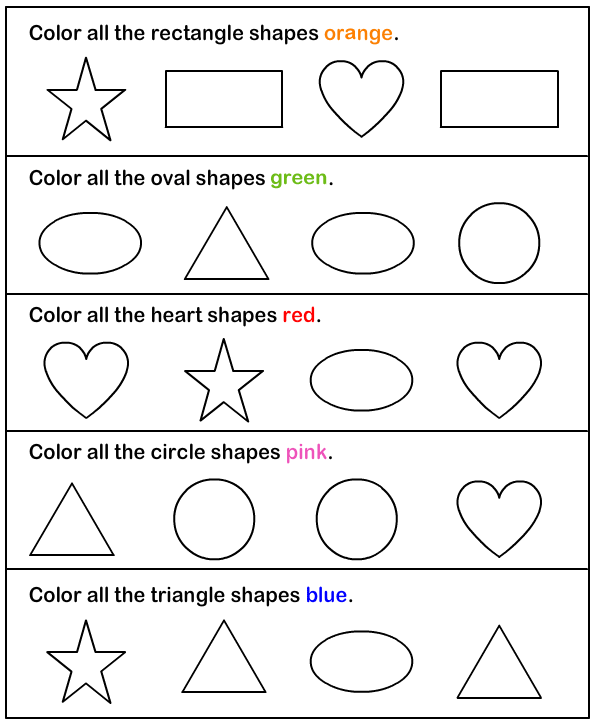 We’re not talking about creating a Picasso here but, rather, engaging the senses with this experience.
We’re not talking about creating a Picasso here but, rather, engaging the senses with this experience.
Treat this activity as a great sensory (auditory and visual) learning opportunity that your child can enjoy for some uninterrupted quiet time.
5) HOMER Character Cut-Outs
What You’ll Need:
- This printable from HOMER
- Crayons or markers
- Scissors
- Glue
- Cardboard or cardstock
- Popsicle sticks (optional)
What To Do:
Start this activity by encouraging your child to color the characters. Once they’ve colored them how they’d like, have them cut the characters’ shapes out. Next, help your child glue the characters onto cardboard or cardstock.
Voila! It’s time to play!
This is a great way to encourage imaginative play, as your child can bring the characters to life (and even create a play). This really helps encourage creativity!
For some inspiration, check out this link.
6) Create A Rainbow Suncatcher
What You’ll Need:
- Colored gift tissue paper
- Cotton balls
- Scissors
- Clear tape
- Wax paper
- Clear-drying school glue
What To Do:
Begin with cutting the colored tissue paper into squares.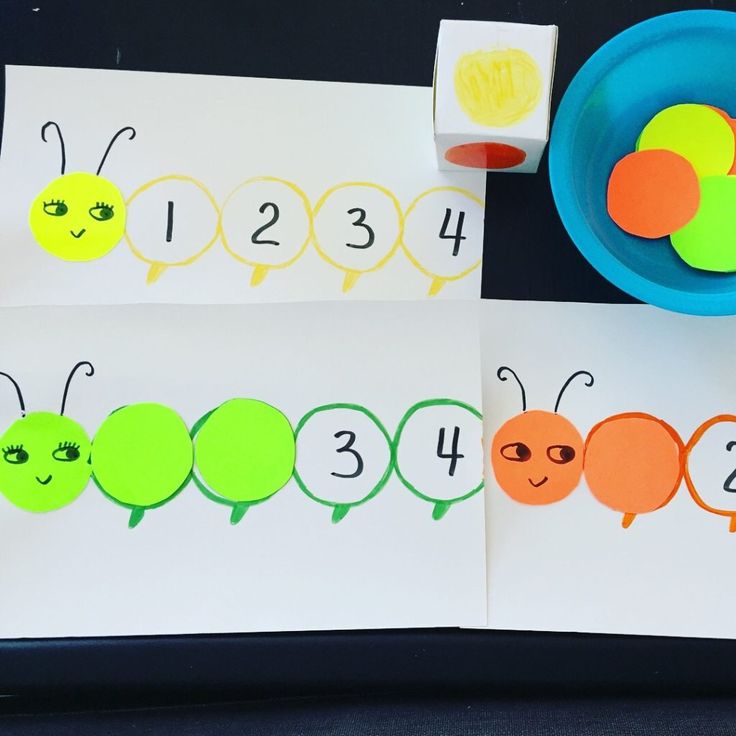 Then make the rainbow shape by drawing six lines on the wax paper with your glue.
Then make the rainbow shape by drawing six lines on the wax paper with your glue.
Next, encourage your child to glue down the tissue paper onto each line in rainbow color order (you can hand your child a picture of the rainbow as a guide). Lastly, add cotton balls below the rainbow to represent clouds.
This is a great activity to teach your child the colors of the rainbow and to continue developing their fine motor skills.
7) Make An Ocean
What You’ll Need:
- Medium bin or deep tray
- Dried pasta for coral
- Paint
- Play-Doh
- Water
- Scoops of cups for playing in the water
- Ocean creature toys and loose parts like pebbles, shells, and starfish
- Blue food coloring (optional)
What To Do:
For detailed instructions on creating your very own ocean, check out this link to our Ocean Sensory Bin.
After finishing the creation with your child, encourage them to touch and feel all the interesting ocean creatures.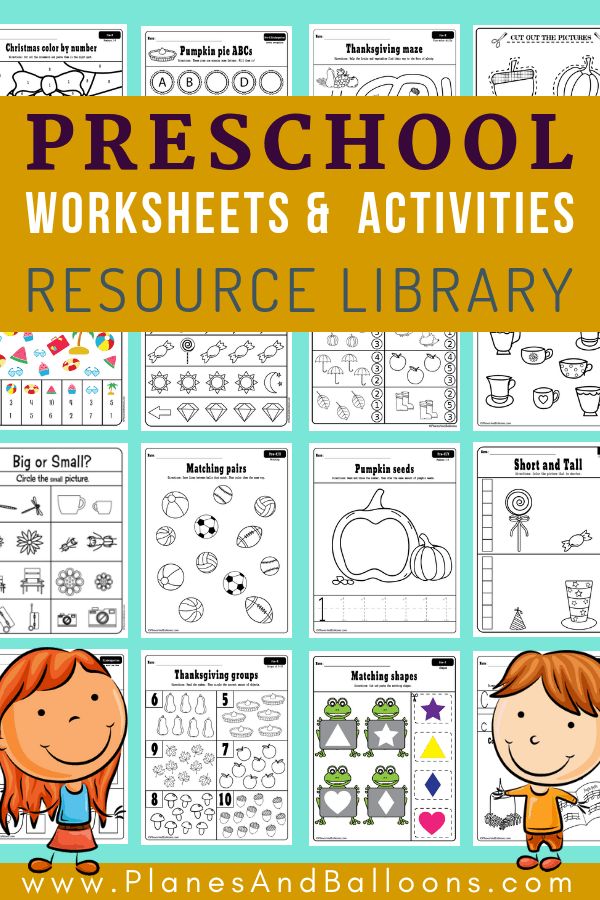 This is a great sensory activity to help children explore and investigate some of the amazing fish found in our seas.
This is a great sensory activity to help children explore and investigate some of the amazing fish found in our seas.
Have Fun At Home With Activities For 5-Year-Olds
We hope one thing’s clear from our above list of activities for 5-year-olds — your child can have so much fun learning right at home!
You also don’t have to bend over backward trying to get them the latest toys. There’s so much joy and learning that can come from using everyday household items.
For more fun, engaging, and learning activities to try out at home, check out the HOMER Learn & Grow App!
Author
Educational activities, games and activities for children online
Exciting games, exercises and activities for children by age groups.
Educational games for boys and girls. Choose the age you want and get started!
Practice on any device, anytime.
68 962
assignments for children
Exercises by topic
Preschool
2 years
First steps
3 years old
Start of training
4 years old
Knowledge Joy
The desire to go ahead
soon at school
Study is easy to study
School
Grade
The first call
9000Grade 3
Wonderful world
Grade 4
New discoveries
What your child needs!
Dear parents, on the Kids Smart platform, all educational exercises and games for children online are distributed by subject/topic and by age groups.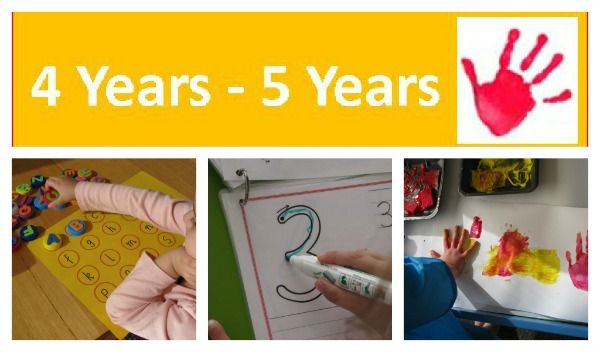 In this section of our service, exercises are specially selected for a certain age of the student. nine0003
In this section of our service, exercises are specially selected for a certain age of the student. nine0003
First, you can try to go through several exercises from different groups, then, in the process of performing developmental activities and games, determine in which group your child will be comfortable and productive in learning. Depending on the preparation of the child, you can choose tasks according to his age or go to the older or younger group of games.
Educational games on any device and at a convenient time!
Also developing exercises for children are divided into three levels of difficulty. The service will automatically select the difficulty level of the exercise for each child, taking into account the learning statistics. By performing correctly developing tasks, the service will increase the level of complexity and adapt individually to the student. Periodically, the system issues tasks for repetition, which helps to remember and repeat the material covered.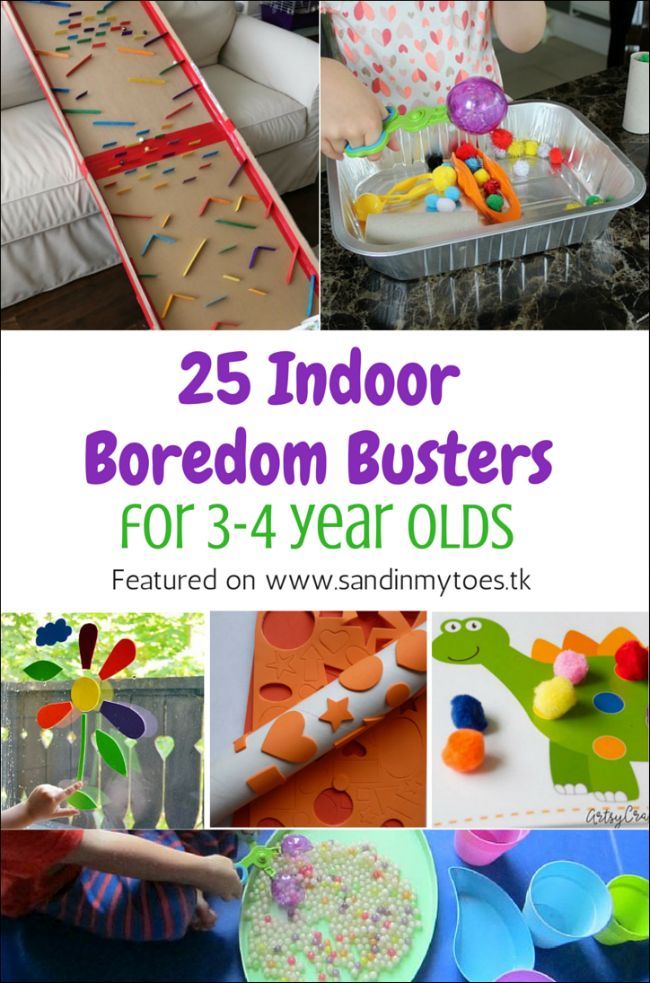 nine0003
nine0003
Kids Smart is convenient because it is possible to perform educational activities online both on a PC and on smartphones, tablet computers and netbooks from anywhere in the world. One registration is enough for you to be able to log in from any device.
A huge number of tasks!
Fascinating, informative, interesting games and tasks for children help develop attention, logical thinking, train memory and other useful skills in a child. Developing online classes help preschoolers to learn new knowledge, and schoolchildren to consolidate the skills learned in the classroom. nine0003
Our team regularly updates and expands the database of exercises and educational games for the development of children online, adding new tasks and items. Show children the fascinating world of new knowledge, develop the ability and train the mind of the child.
Develop logic, intelligence, memory and imagination!
Completing our activities for kids is fun and rewarding! You can devote very little time to doing exercises and tasks online (10-20 minutes a day), and the acquired knowledge and skills will definitely come in handy for your baby. Kids Smart is a modern education, preparation for school, a lot of tasks and educational games. You can choose the number of tasks to perform, group them into blocks, create your own learning system. nine0003
Kids Smart is a modern education, preparation for school, a lot of tasks and educational games. You can choose the number of tasks to perform, group them into blocks, create your own learning system. nine0003
Looking at the correctness of answers to tasks with the help of performance statistics, you can find out which educational games and exercises are easy for your child and which are difficult. Focusing on these statistics, you can build a learning process and improve student performance. Join us - start exercising online right now!
Reasons to choose Kids Smart as an additional education:
a huge number of educational exercises and games for preschoolers 2 and 3 years old, 4 and 5 years old, 6 and 7 years old, as well as schoolchildren in grades 1 and 2, 3 and 4 nine0003
a unique system that adapts itself to the individuality of your child
different levels of difficulty of exercises
learning process in a playful way
educational games and tasks on various topics and subjects
interesting motivational rewards in the form of stars achievements, awards and personal diplomas
voiced colorful educational tasks and games
thousands of children around the world choose Kids Smart
useful use of the Internet
online learning
additional educational printed materials for the child
Educational games for children aged 5, online learning sessions.
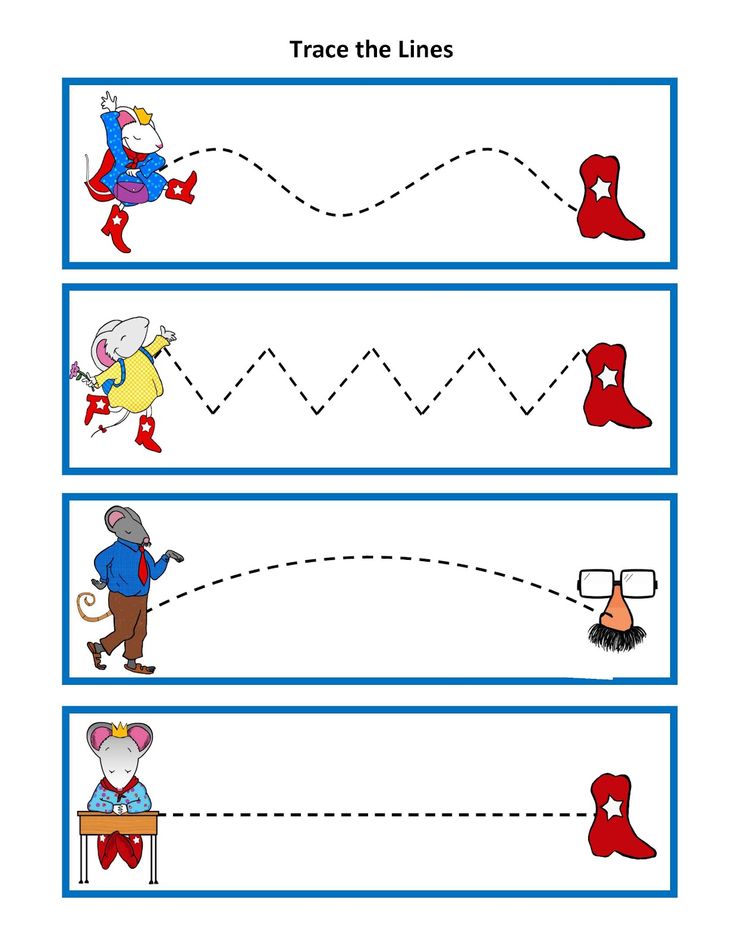 Tasks for training logic, memory and attention for boys and girls 5 years old.
Tasks for training logic, memory and attention for boys and girls 5 years old. Educational games / 5 years
There are more than 250 games on the LogicLike platform for the development of intelligence, logic, memory and attention. Our cognitive, educational and educational games are loved by children and parents. nine0003
Online classes on LogicLike - an exciting adventure for kids. 3500 colorful interesting tasks, questions and puzzles, video lessons, rating. Together they make up a complete progressive course of development. thinking.
We have everything you were looking for
Try the full LogicLike course in game form!Start the game! nine0003
Choose where to start!
Logic games
Thinking course
Then you can save the progress of classes and open access to all our games.
Logic games
A 5-year-old why is interested in everything new, bright, interactive.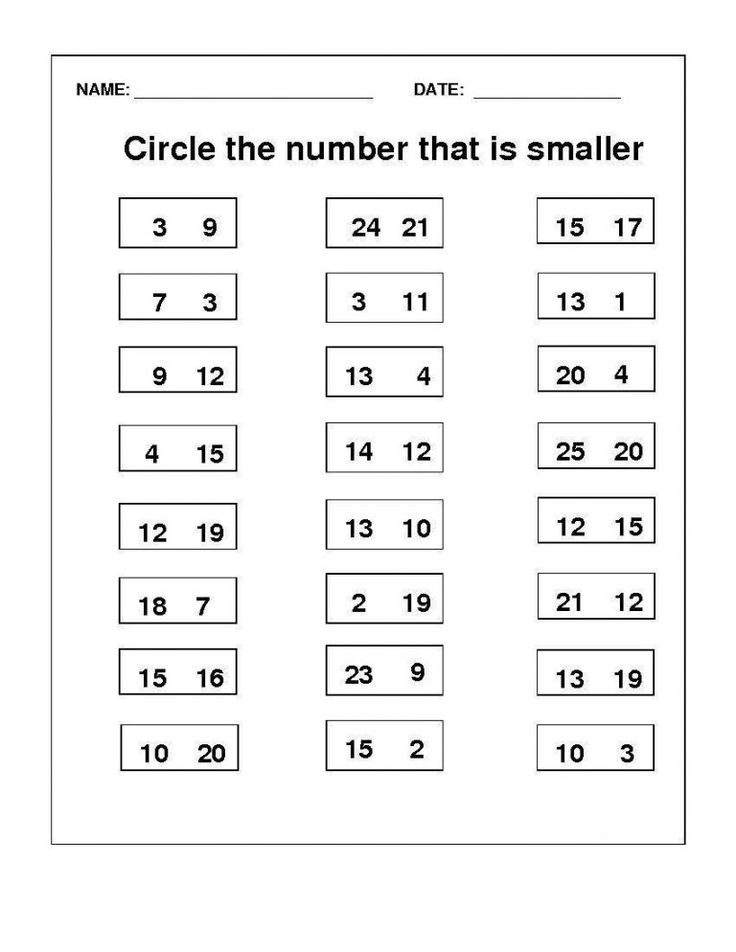 We recommend exciting and useful games that will not only entertain the child, but also develop his logic. Choose any block to start. nine0003
We recommend exciting and useful games that will not only entertain the child, but also develop his logic. Choose any block to start. nine0003
Find the extra
Continue with pictures
put things in order
guess a riddle
Sets
Logic questions
Math Games nine0123
Entertaining tasks in pictures will help the child master the numbers, count within 10, form basic mathematical concepts. Each game develops 1-3 specific skills: navigate in the approximate number of objects and count them, master addition and subtraction, arrange in ascending and descending order and much more.
2 classes optional ❐
- Complete 3 starter games in the LogicLike course - and open access to different categories. Try Games in tables", "Smart account", "Patterns", "3D Thinking". nine0161
Count the cubes
Honeycombs with letters and numbers
Insert a number "+" or "-"
Practice counting up to 10
Ascending, descending
nine0002 Account from different sides The LogicLike game format is liked by children.